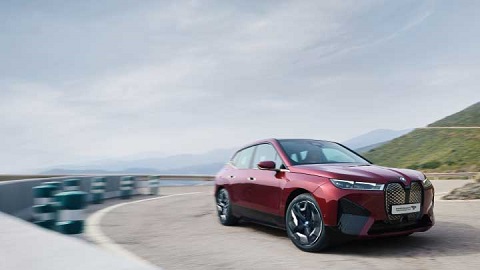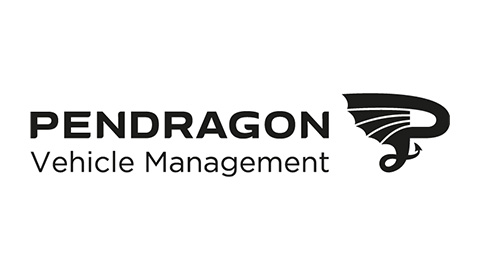Latest News
Discover the latest news and insights from our in-house experts, ranging from regulation changes through to industry news.

PHEVs Face Increased BiK Rates as New Emissions Test Introduced
13 Jun 2025
Explore the 2025 BiK tax changes for PHEVs and EVs, and learn how they affect company cars, fleet costs, and salary sacrifice schemes.

ZEV Mandate Update
12 May 2025
There has now been an update to the government's ZEV Mandate, discover all you need to know about the changes in more detail here.

PVM Named Finalist at Fleet News Awards 2025
19 Mar 2025
At Pendragon Vehicle Management (PVM), we're proud to be recognised as a finalist at the prestigious Fleet News Awards 2025.

Advisory Fuel Rates (AFRs) in 2025: What You Need to Know
05 Mar 2025
Explore the latest HMRC Advisory Fuel Rates for 2025, including updated rates for company cars and electric vehicles.

Double Cab Pick-Up Tax: HMRC Defines New Guidelines for 2025
27 Feb 2025
HMRC has announced new rules regarding the road tax of double cab pick-up trucks. Discover how it will affect your fleet and how to negate additional costs.

Christmas Opening Hours
09 Dec 2024
Discover our opening hours for the Christmas holiday period, including our driver helpline and how to contact us in an emergency.

Road Tax 2025: Vehicle Excise Duty (VED) Rates Explained
22 Oct 2024
Vehicle Excise Duty (VED) rates are changing in 2025 and may have an impact on your fleet management strategy. Discover how much you'll have to pay.

PVM Exhibit at the Commercial Vehicle Show
05 Apr 2024
Meet us at the Commercial Vehicle Show from the 23rd to 25th of April, where we will be exhibiting the new Ford Courier.

Wren Kitchens Order their 1000th Vehicle with Pendragon
10 Nov 2023
Discover how our continued partnership with Wren Kitchens is helping the company build for a more sustainable future.

Porsche Taycan available now through Pendragon Salary Sacrifice
11 Sep 2023
In stock and ready to go, the brand-new Porsche Taycan is now available through Pendragon Salary Sacrifice.
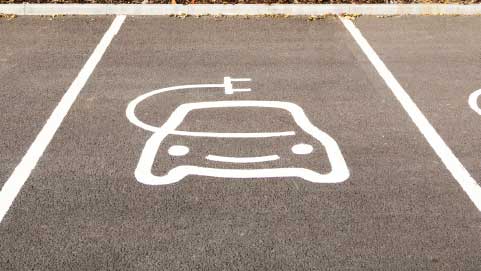
Changes are Coming to the Charging Rules
07 Jul 2022
The way electric vehicles are charged is set to be changed. Discover the new set of regulations and their effects in more detail.

Councils Now Allowed To Fine Drivers For Traffic Offences
05 Apr 2022
Pendragon look at how local councils can now apply to take over enforcement powers for minor traffic violations and how this could affect your fleet.
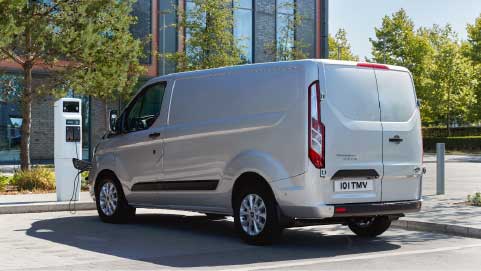
Changes Made to the Plug-In Van Grant
16 Mar 2022
The Government is extending availability of the Plug-in Van and Truck Grants, ensuring fleets can benefit from them until at least 2024/25.

Oxford is the First City in the UK to Introduce a Zero Emission Zone
01 Mar 2022
Drivers of all non-zero emission vehicles using certain roads in Oxford will be charged in the Zero Emission Zone (ZEZ), which was approved last March.

Changes to Car and Van Plug-In Grants
15 Dec 2021
The Government is changing the Plug-in Car Grant (PICG), the Plug-in Van Grant (PIVG) and the Plug in Motorcycle Grant (PIMG) rates and eligibility criteria.
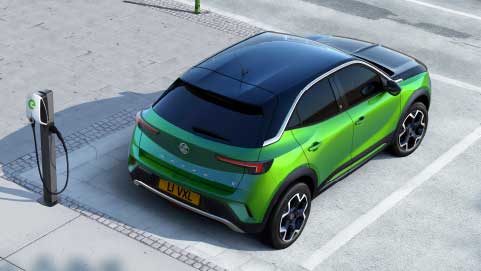
Changes to Home and Workplace EV Charging Schemes
15 Oct 2021
Workplace and home charging schemes are set to be reformed in 2022, aiming to provide additional support for the installation of EV charging points.
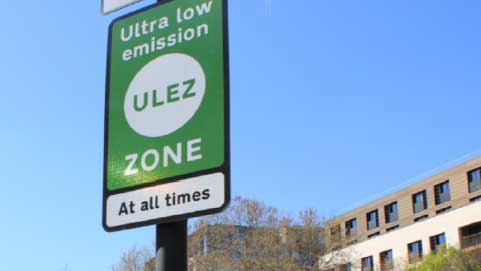
Changes are Coming to London's ULEZ and Congestion Charge Zones
30 Sep 2021
There are a variety of changes coming to London's ULEZ and Congestions Charge Zones. Discover the changes and their effects in more detail here.

PVM support the BVLRA with the 2021 Road to Zero Report Card
14 Sep 2021
PVM have today been at the House of Commons with the British Vehicle Rental and Leasing Association (BVRLA) to support the Road to Zero Report Card.
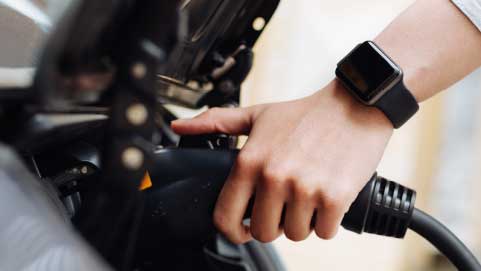
PVM Look at the Latest Government Greenprint
22 Jul 2021
Company car tax for electric vehicles to stay low until 2025 according to the latest Government ‘greenprint’
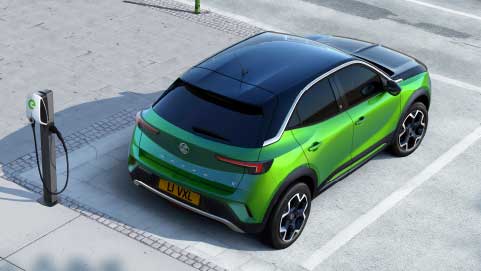
HMRC Clarifies VAT Rates for Charging Employee's Electric Vehicles
03 Jun 2021
Discover the latest changes regarding public EV charging and learn how tax can be recovered when charging your vehicle for business purposes.

Latest Updates to the Clean Air Zones (CAZ)
09 Apr 2021
Pendragon Vehicle Management (PVM) look at the latest updates on the upcoming and proposed Clean Air Zones (CAZ) throughout the UK.

Changes to Government Electric Vehicle Grants
19 Mar 2021
Changes are coming to the Government electric vehicle grants. Discover the changes and their effects in more detail.
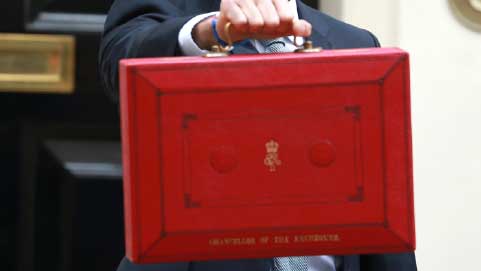
The Spring Budget - The Main Headlines and What Could Impact Fleets
09 Mar 2021
PVM look at the main headlines from last week’s Spring Budget announcements, including some good news for commercial fleets.
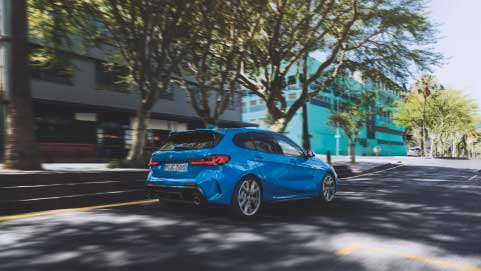
BMW UK Introduce PVM to the All-New BMW 1 Series
16 Oct 2019
Our partners at BMW UK introduced our associates to the all-new BMW 1 Series and showcased the vehicle's highlights with a test drive event.

BVRLA Outline Consequences of a No-Deal Brexit
19 Feb 2019
The BVRLA have outlined the potential consequences as part of a no-deal Brexit. Discover them in more detail here.

Pendragon Launches Lets Lease Employee Car Scheme
20 Aug 2018
Pendragon Vehicle Management is delighted to introduce Lets Lease - a new employee reward scheme based on personal car leasing.


